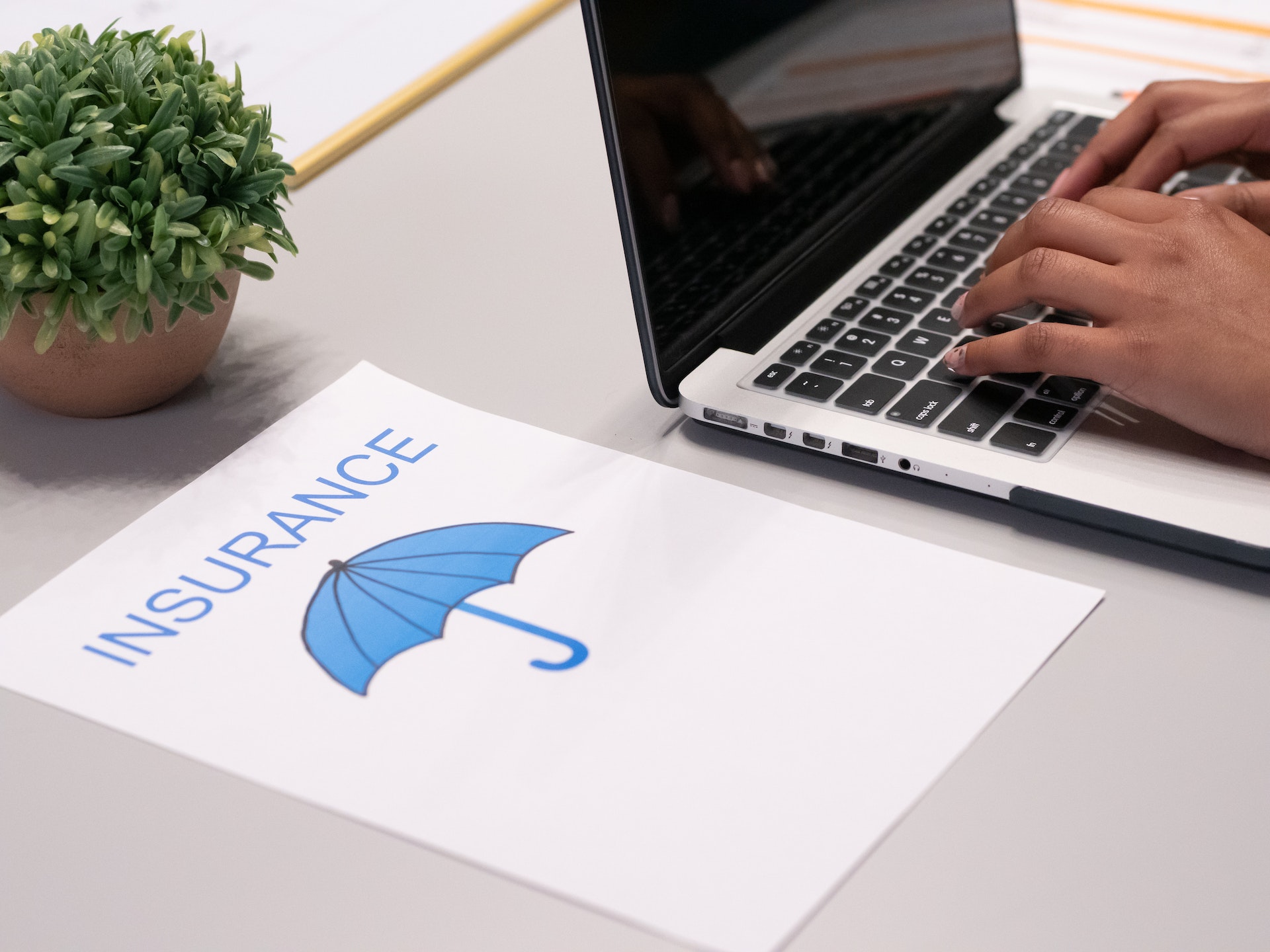
Liability insurance, also known as general liability insurance, is a type of insurance policy used to protect businesses and individuals from financial losses associated with third-party claims of bodily injury or property damage. It also helps cover legal costs related to defending lawsuits and other liabilities arising from the business’s operations.
Typically, a general liability policy will include two sections: Bodily Injury coverage and Property Damage coverage. The former covers the medical bills and lost wages of any person injured on your premises or due to your business operations. In contrast, the latter covers any damages caused by you to someone else’s property. In addition to these two primary types of coverage, most policies also include additional protection for advertising injury, personal injury, and product liability.
Table of Contents
- 1 Why is general liability insurance important?
- 2 The types of risks that general liability policies cover
- 3 Coverage for contractual liabilities
- 4 Financial protection for businesses
- 5 Peace of mind
- 6 Finding the best general liability insurance cover to suit your needs
- 7 Tailor-made policies
- 8 Quality customer service
- 9 Good Reputation
- 10 What are the benefits of a general liability insurance policy?
- 11 What are the drawbacks of a general liability insurance policy?
- 12 Conclusion
Why is general liability insurance important?
General liability insurance provides businesses with a layer of protection against the risks associated with operations outside their control. While no business owner wants to imagine the possibility of being sued, it is always better to be prepared if something happens.
In addition to providing financial protection in case of a lawsuit or other legal action, general liability insurance can help you manage other risks, such as customer disputes and damaged property. It provides peace of mind knowing that you are covered should an accident occur at your business premises or operations.
Having the right amount of general liability coverage can protect an organization’s assets and reputation if it faces a lawsuit related to bodily injury, property damage, libel, or slander. In such cases, the cost of legal defense and any court-ordered awards are covered by the policy’s limits up to the policy limit.
The types of risks that general liability policies cover
The types of risks that general liability policies cover vary depending on the policy but may include:
- Negligence (such as failing to provide adequate security at premises).
- Product defects (such as home appliances).
- False advertising.
Furthermore, a business’s employees and products may be covered under the policy. For example, if an employee causes injury to another person during their duties, the company’s general liability insurance can cover medical costs or other damages incurred by that person.
Coverage for contractual liabilities
General liability policies also often provide coverage for contractual liabilities. This protection benefits businesses that enter into contracts with other companies or individuals; should one party fail to perform, the insurer will pay for any losses incurred due to breach of contract. This can be especially important for small businesses needing more resources to handle such contract violations.
Financial protection for businesses
In addition, having general liability insurance offers financial protection to businesses when they are negotiating contracts. Knowing that a policy protects the other party limits their potential legal risk, making them more likely to enter into business agreements.
Peace of mind
General liability insurance offers peace of mind and protection from financial losses due to unforeseen circumstances. Without this coverage, businesses would be vulnerable to financial losses if something were to go wrong; even a simple mistake or oversight could result in costly legal fees and damages. By investing in the right amount of general liability coverage, companies can ensure that their assets are protected should anything happen.
Finding the best general liability insurance cover to suit your needs
Businesses should consider their unique needs and risks when looking for the right policy.
Tailor-made policies
The best policies are tailored to meet specific requirements and provide holistic coverage with reasonable premiums.
Quality customer service
Additionally, companies should look for an insurer that offers quality customer service and is willing to assist them in getting the most out of their policy.
Good Reputation
Finding a financially secure insurer with a good reputation is also essential. To help you find the best general insurance policy go to https://ekinsurance.com/ for a free quote.
What are the benefits of a general liability insurance policy?
A general liability policy protects businesses from financial losses due to negligence, accidents, or other liabilities. It also covers medical costs and legal fees if the business is sued over damages related to product defects, false advertising, breach of contract, or libel and slander.
In addition, having a policy in place can help companies secure contracts with more favorable terms since their partners know that they are protected financially should anything go wrong. Lastly, it provides peace of mind knowing that the coverage safeguards company assets and reputation.
What are the drawbacks of a general liability insurance policy?
A general liability insurance policy’s primary drawback is that certain risks and liabilities may be excluded from the coverage. Additionally, policies will limit the number of damages they will cover. It’s important to carefully review your policy to ensure that it covers all the necessary risks and liabilities you face as a business.
Conclusion
General liability insurance is essential for businesses large and small. It provides protection and security against financial losses related to bodily injury, property damage, libel, slander, false advertising, and contractual liabilities. By investing in a comprehensive policy, businesses can rest assured that they are shielded from potential financial losses due to unforeseen legal matters.


